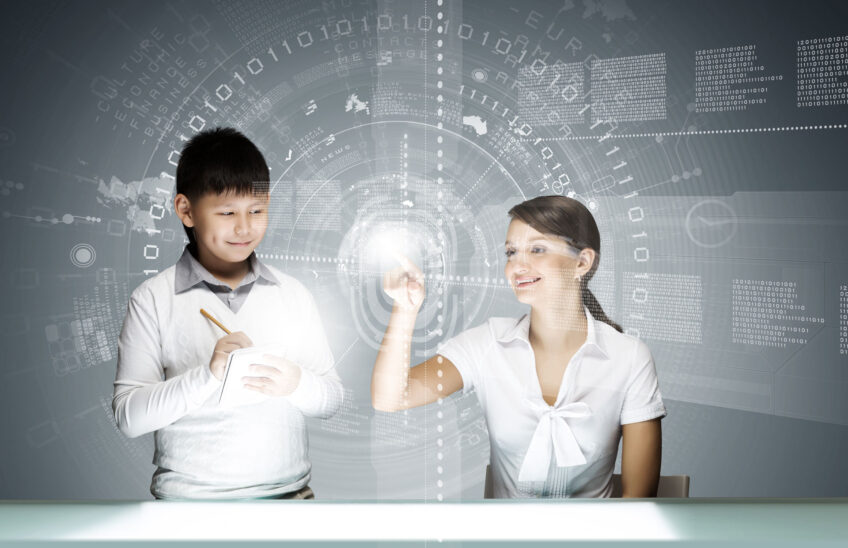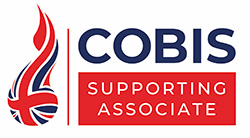This post is by 15 year old school student, Billy Moore.
With the turn of a new century in the rear mirror, and a technological revolution happening all around us, with the main influencers being the very people who were born into the “era of change”. It is a time in which virtual friends (followers on instagram) are of more importance, than friends of the present world. Additionally, strange little faces (known as the “emoji”) ? that attempt to express our emotions to the world, in truth playing the artful game of deceit by concealing our honest emotion. These ‘influencers” that I speak of are commonly and quite popularly referred to as “millennials”.
This historical period of time we find ourselves in certainly deserves the title of being historic, but you can give it whatever title you please; whatever is relevant or happens to be trending, It really is preference for the reason that it is of no consequence. Right now, the present moment is the day we’re living in and what may have been of importance yesterday isn’t today. You can become an overnight YouTube sensation and have more influence on today’s younger generations than, for example, the TV or a newspaper. The people who don’t have the ability to unlearn what they already know and then relearn new information of more importance, they will be the illiterates of today’s society.
The point of which I’m hopeful is being successfully conveyed is that, this world is constantly changing, developing, and growing in dynamic, in never seen before ways. So, with this ever-changing world, education must adapt and change with it in the classroom of the future.
What’s Changed In The Classroom?

Allow me to take you back into the four walls of a cold, grey and impressively dreary Victorian classroom. Visualize the layout of how the room looked; with a desk at the front of the classroom, looking back toward the students, from which they would be sat behind whatever structure they defined as a desk, with a slab of slate, and sharpened piece of the familiar rock, used to the effect of a pencil. The older and perhaps luckier students might have had books, and where any form of mistake in their endless lines of regurgitated information, would stand out like a elephant in an aquarium. These methods of teaching are obviously extremely dated, whereas at the time, this was the finest form of education for the fortunate and privileged, but things have evolved since that era. The purpose being for slight digression into the origin of the foundations for the countries modern education system, it allowed me to say this:
the greatest thing history is good for, is that we can learn from it, improving on the past and creating a better future. In this particular instance the topic of choice is education.
Using this logic we can wipe the slab of slate clean (because nothing is written in stone) and reinvent the mechanisms of the process.
The future of education
 Surprising, unexpected social situations, some of us thrive off them and a minority hate them. From my own personal experience, I for one hate small talk in Tesco with someone you haven’t seen in three years, I’m sure the majority socially sane people would not wish this experience upon anybody…
Surprising, unexpected social situations, some of us thrive off them and a minority hate them. From my own personal experience, I for one hate small talk in Tesco with someone you haven’t seen in three years, I’m sure the majority socially sane people would not wish this experience upon anybody…
Being social is a part of everyday life, even the smallest of social interactions have many different depths and dimensions and for someone who cannot comprehend these things they are instantly at a loss, in the game of life.
Education beyond the class, an education of emotion ?, an education of morality and passion, because passion creates drive, motivation and morals depict how they chase those passions (both of those abstract subjects are located in the same part of the brain, the Pre Frontal Cortex).
Using Maslow’s hierarchy of needs we can build a separate curriculum that helps students flourish in the world they live in, and at a very young age will have the necessary tools to happiness and well-being for the remainder of their lives. As I’m sure you would agree this would be a worthwhile education. According to Siri, the definition of curriculum is that, “a curriculum is broadly defined as the totality of student experiences that occur in the education process…” From this I grasp experience is a crucial part of the education process, and that education is actually all about experience. After reading that small summary, I attempt to break it down by proposing the question “how would implement this into a lesson about English?”
The classroom of the future
My conclusion is to discuss current affairs in the world, homelessness, racism, politics and introducing critical thinking towards relevant genres of the worlds state. Writing is a form of expression, so this can be used with regards to flourishing. How? Reflection.
I find reflection upon oneself is the key. This creates even more critical thinking, and these are just two examples of how to implement numerous different types of crucial qualities, of which is truly preparing students for the future.
The ripple, that creates a tsunami















